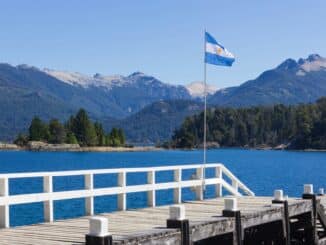
AIrlines
Do you need travel Insurance for Argentina?
Travel Insurance for Argentina Travel Insurance is always recommended for countries such as Argentina, but is not in any way mandatory. Travel insurance can provide coverage for various unexpected events, such as medical emergencies, trip […]

